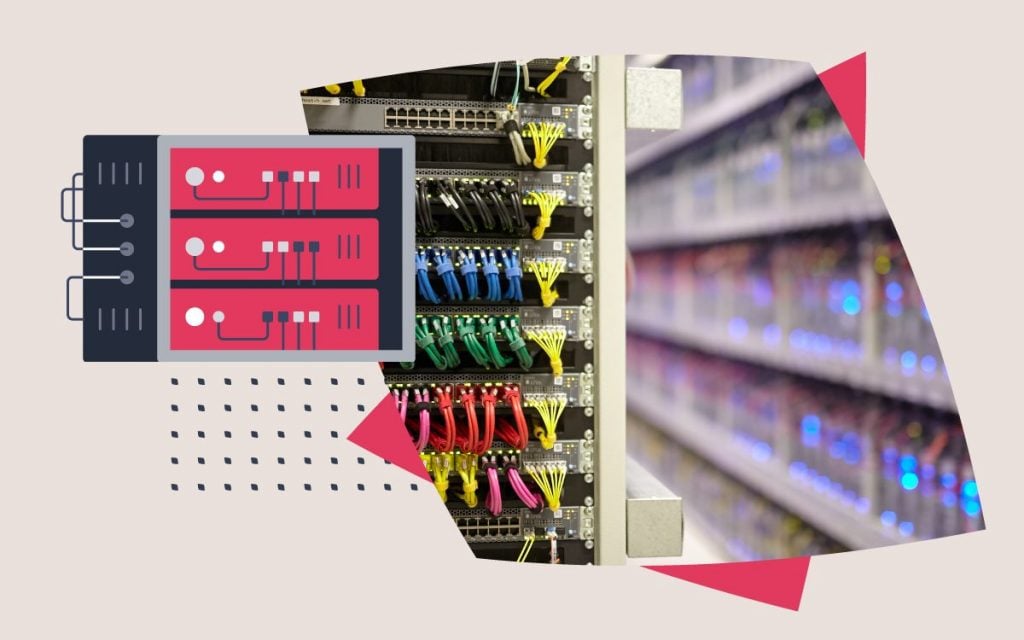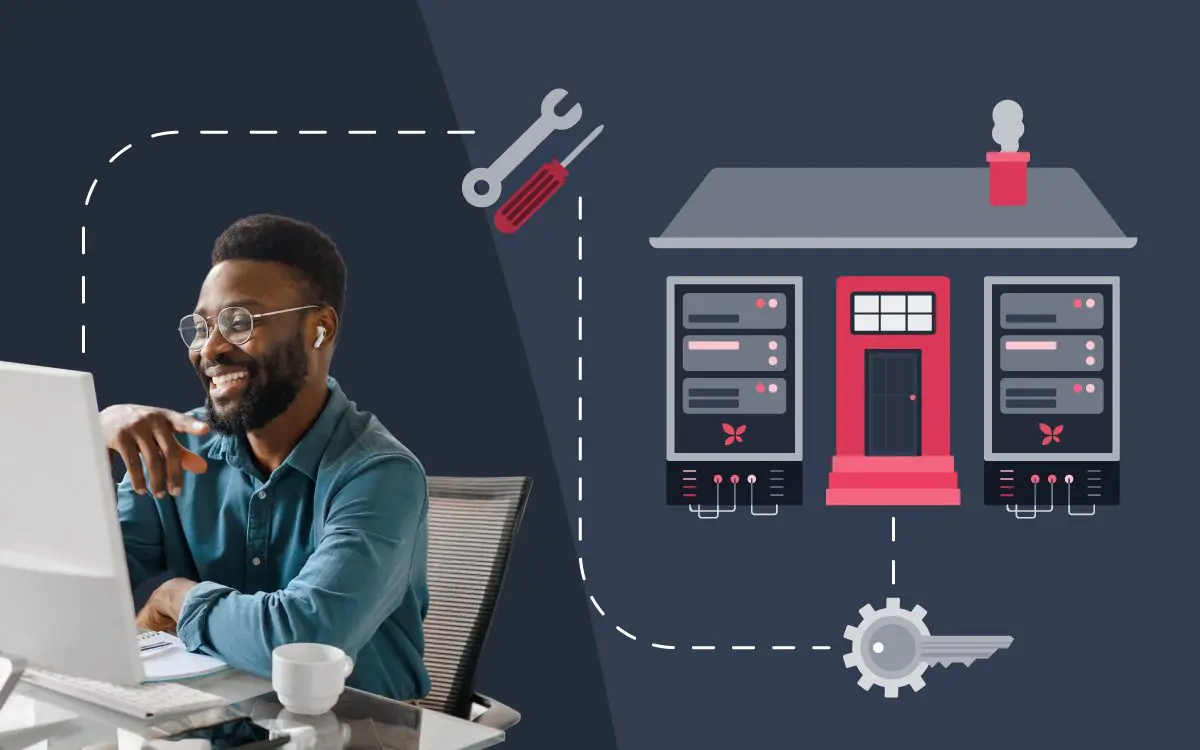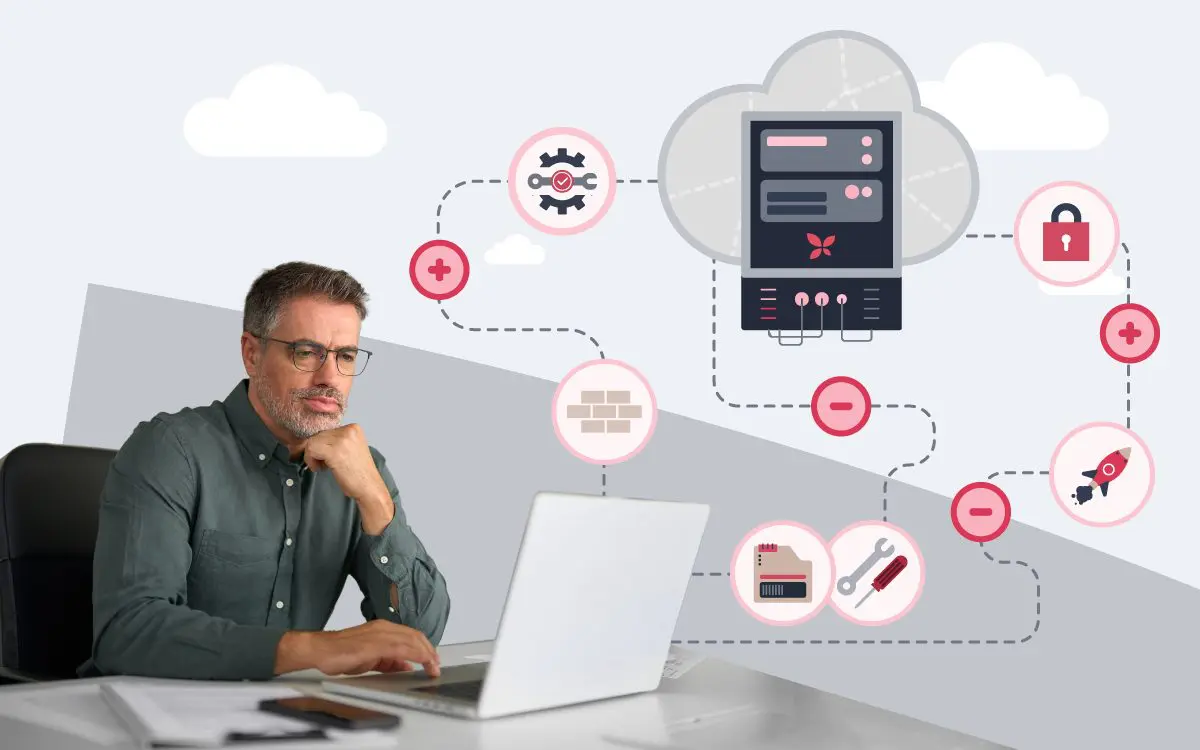Why should I disable my cache plugins?
| Cache is now in limited release. Visit our Help Centre guide for details on how to join. |
When using xneelo’s Cache feature, we recommend disabling cache plugins within your CMS (WordPress, Joomla, Drupal etc.) to avoid conflicts and redundancy.
Note: To ensure WP Rocket compatibility with our Cache feature, please make sure the xneelo Helper plugin is activated.
Cache plugins should be disabled in order to:
1. Avoid double caching issues
- If both your CMS cache plugin and the Web Accelerator cache the same content, they may serve outdated content or conflict, causing unpredictable results.
- Some cache plugins may override the cache headers set by the Web Accelerator, leading to incorrect cache behavior.
2. Prevent cache conflicts
- Web Accelerator services cache content at the network level, whereas CMS cache plugins typically cache files on your server.
- Conflicting cache rules can result in stale content, broken layouts, or missing updates.
3. Reduce server load & improve performance
- CMS cache plugins store cached pages on your server, consuming CPU and disk space.
- Web Accelerators offload caching to edge servers, reducing the strain on your hosting server.
4. Avoid unnecessary cache expiry issues
- Some CMS cache plugins automatically clear cache when content updates occur, but Web Accelerators may not sync with these changes.
- This can cause stale or inconsistent content delivery to users.
5. Simplify cache management
- Managing caching in multiple places (CMS + Web Accelerator) can lead to confusion.
- By disabling the CMS cache plugin, you can effectively control your caching in one place.








